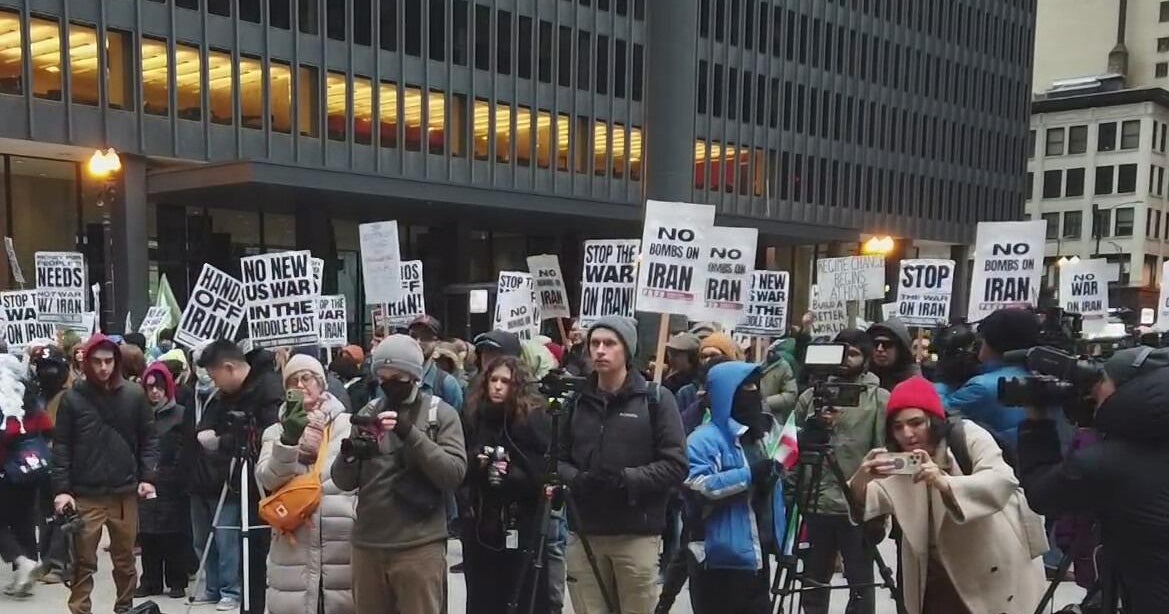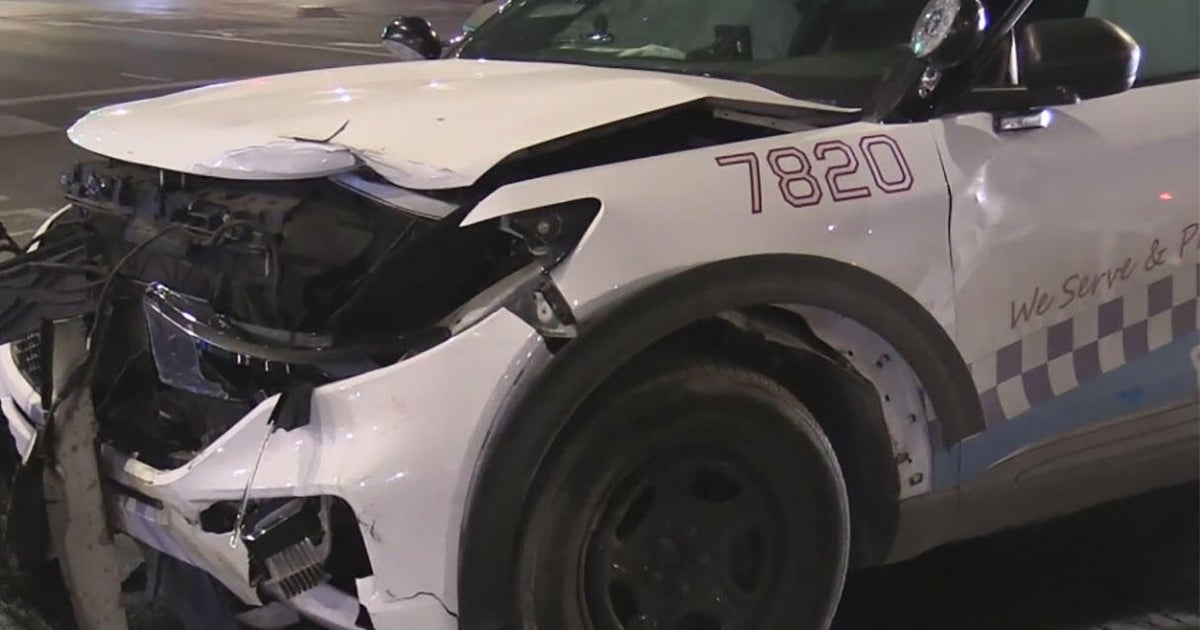Symphony Strike Could Hurt Businesses Near Orchestra Hall
CHICAGO (CBS) -- The musicians of the Chicago Symphony Orchestra were on their second day on strike on Sunday. The walkout wasn't only hitting a sour note with classical music fans, it has also dealt a blow to businesses near Orchestra Hall.
CBS 2's Derrick Blakley took a look at the economic impact of the orchestra strike.
With the walkout underway, it wasn't only the famous CSO sound that has been lost. Also lost is the money the symphony makes for others.
Jeff Hester, manager at The Gage restaurant, said, "On symphony nights, I'd say that … almost maybe 45 to 60 percent of our business on the nights that we do have symphonies, so it's going to impact our business greatly."
The Gage sits two blocks north of Orchestra Hall at the Symphony Center. Without the concerts, and its well-heeled patrons, there will be fewer drinkers, fewer diners, and fewer tips for the servers.
"It seemed a little quieter last night without that crowd," said server Mandi Loxton.
The symphony business might be even more critical for the classy, new restaurant inside Symphony Center.
Tesori just opened Wednesday, but not a single customer was there when a CBS 2 crew stopped by on Sunday.
"I think the local businesses, the coffee shops, … people coming downtown, the parking – I think all of that is affected without the symphony, definitely," said Tesori staffer Amanda Su.
The main issue in the walkout is management's demand that musicians pay more than twice their current rate for health insurance benefits. Their health care contribution would jump from 5 percent to 12 percent.
The CSO musicians' average annual salary, including overtime and seniority, is $173,000 a year.
In recent years, symphonies in Cleveland, Detroit, and Seattle have all endured strikes, primarily over benefits issues.
Negotiators were expected to meet again on Monday afternoon. The next scheduled CSO concert is set for Wednesday.







